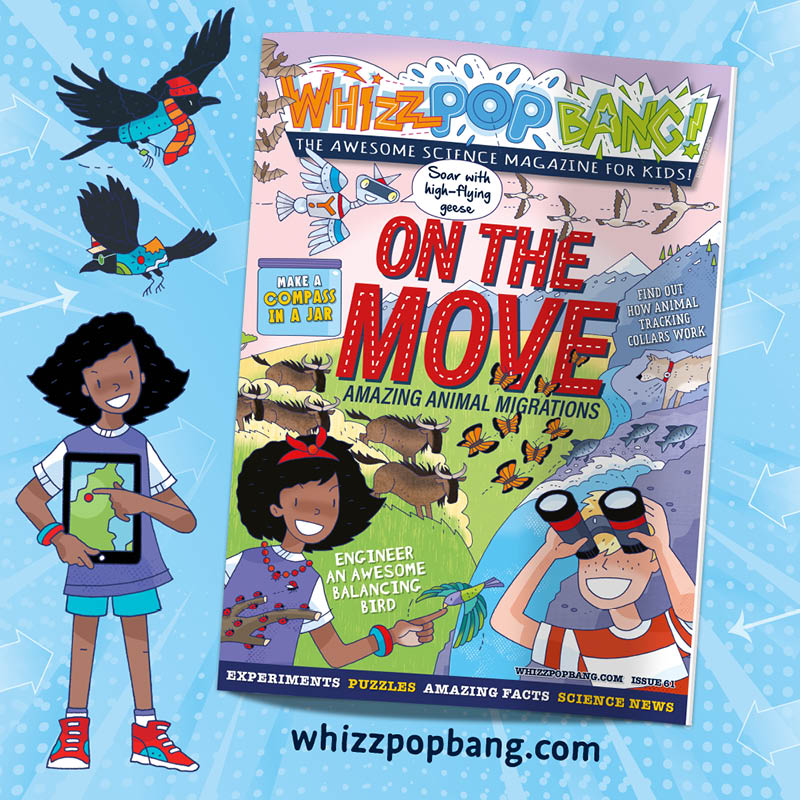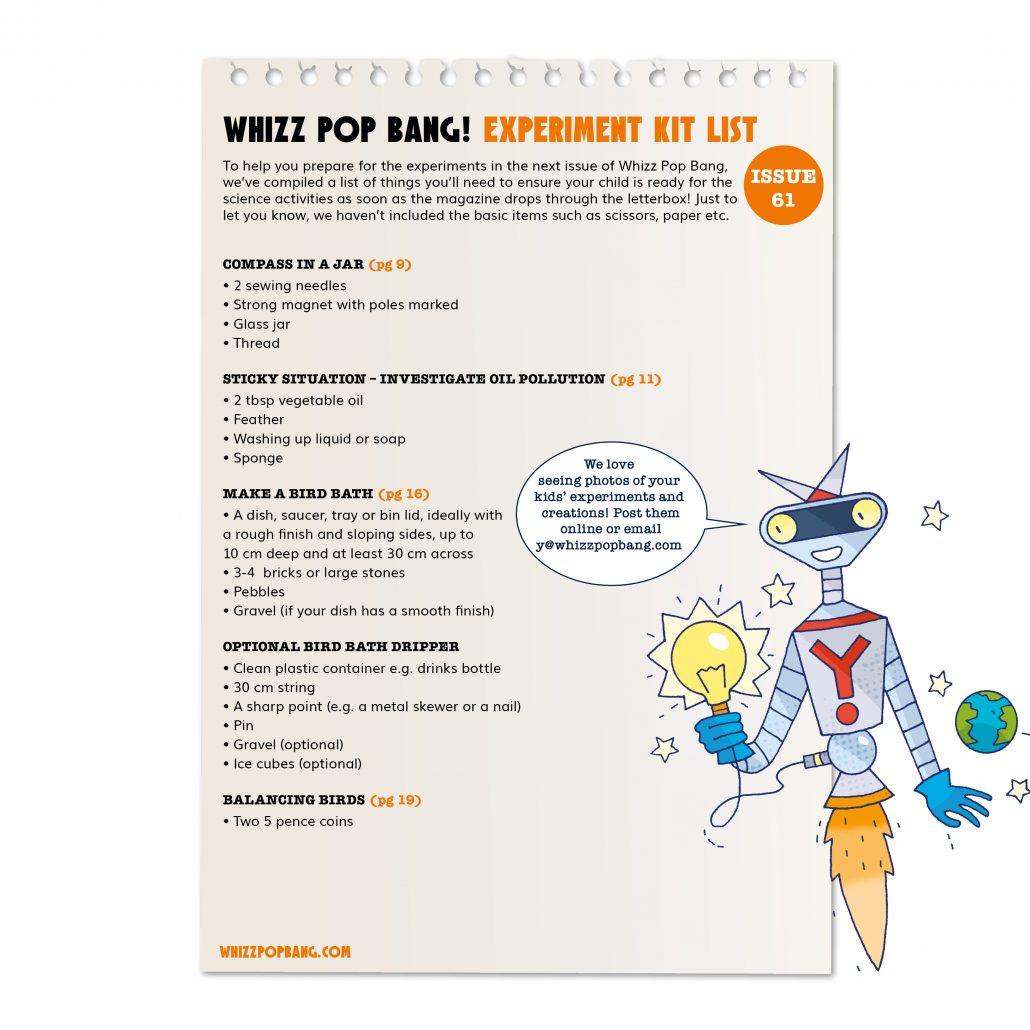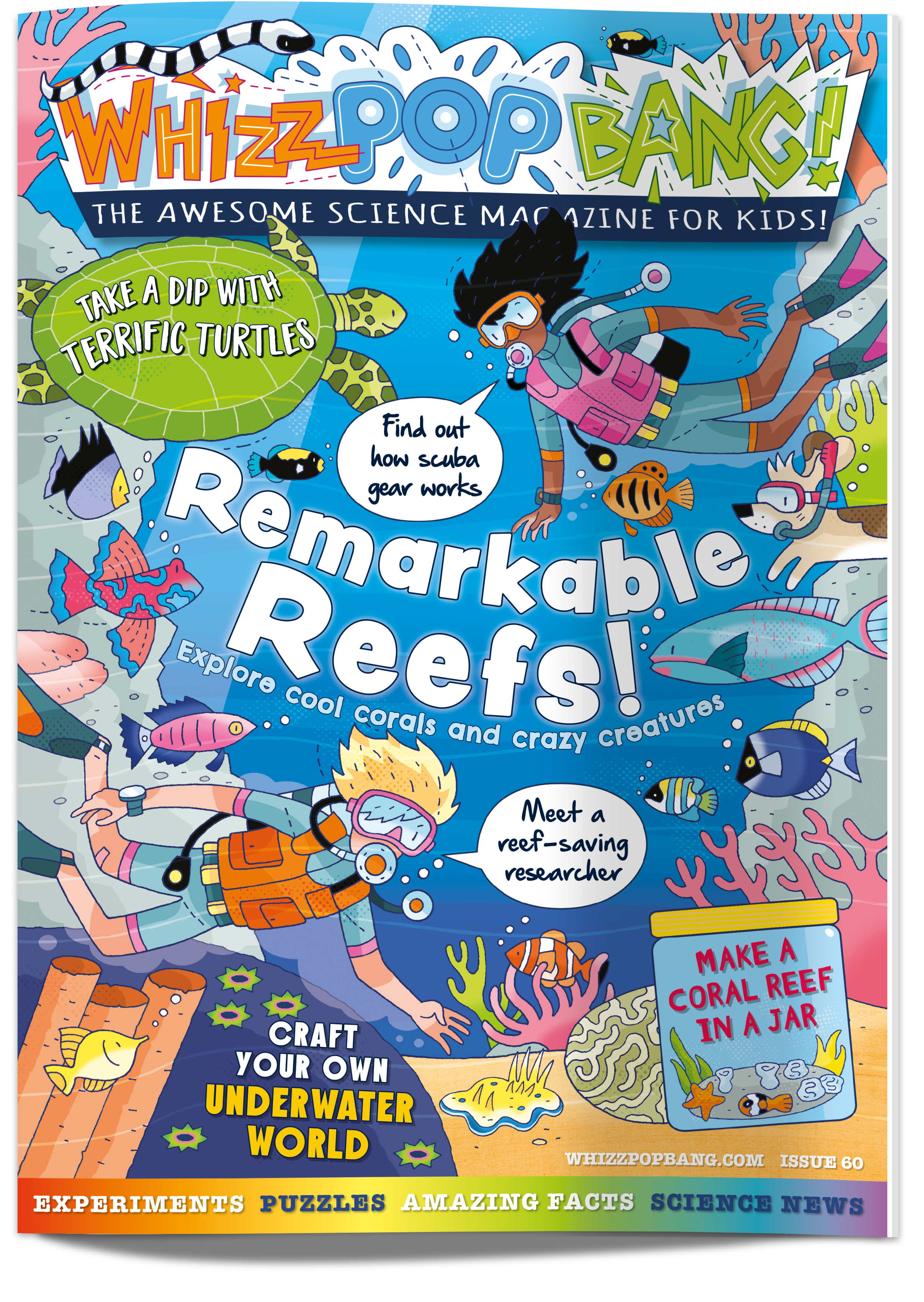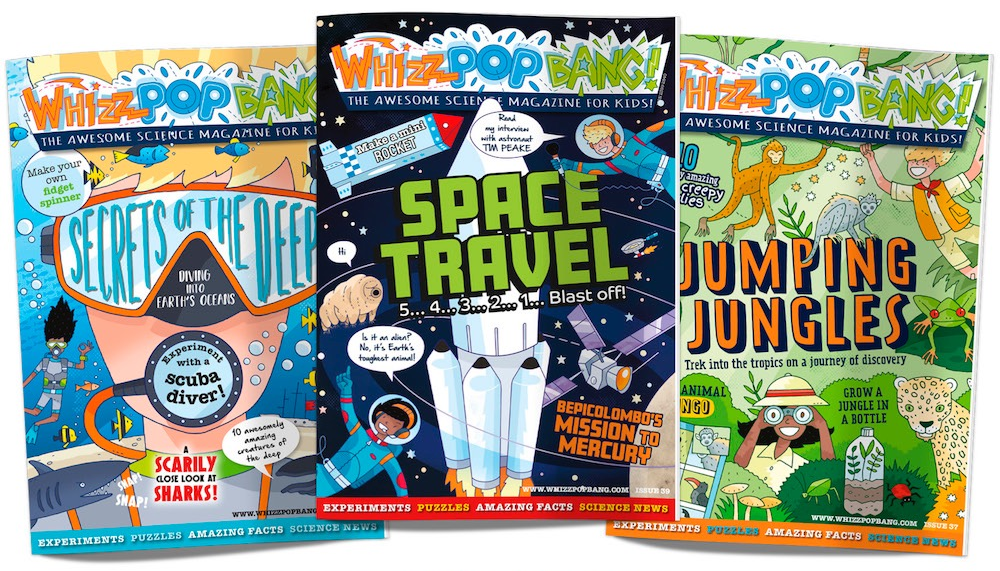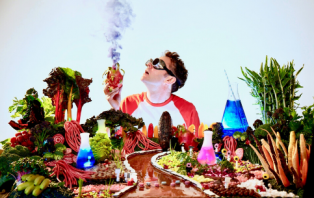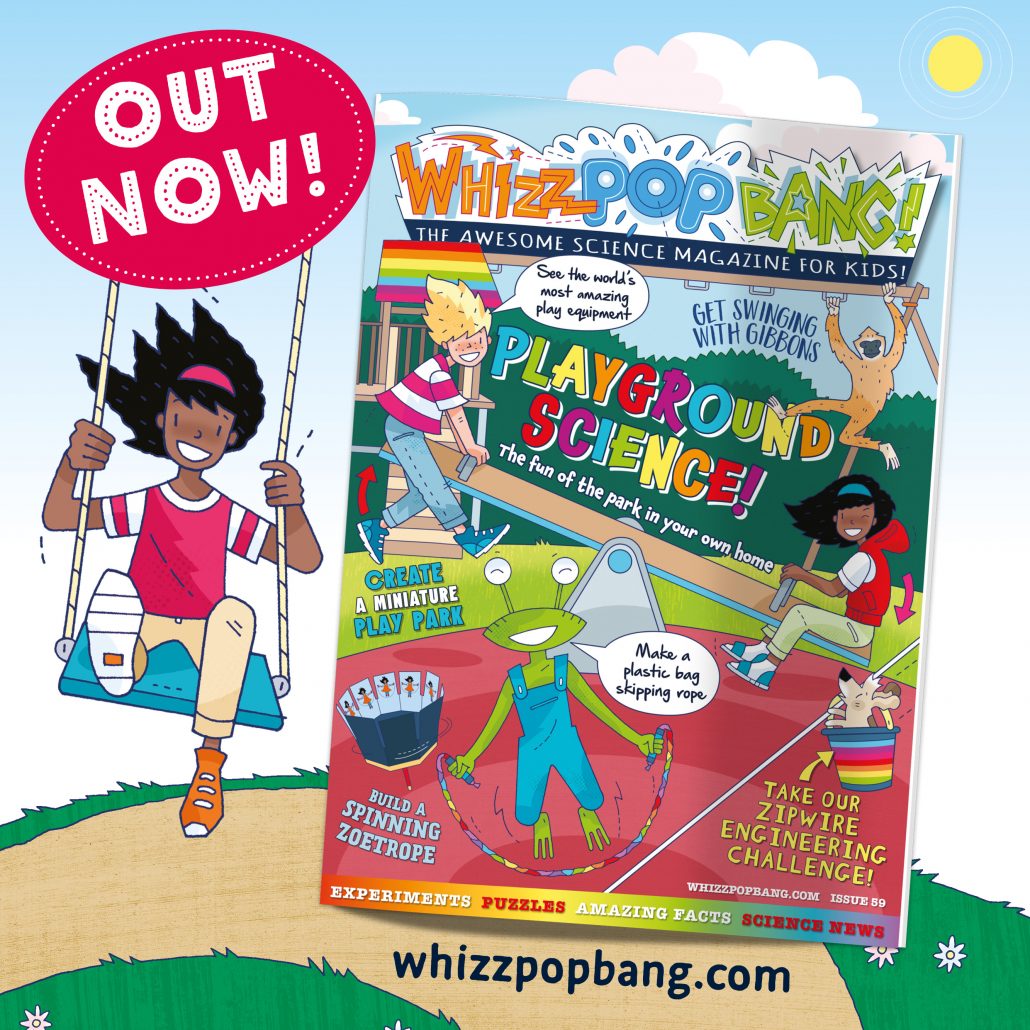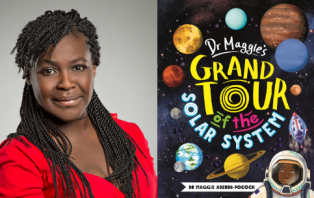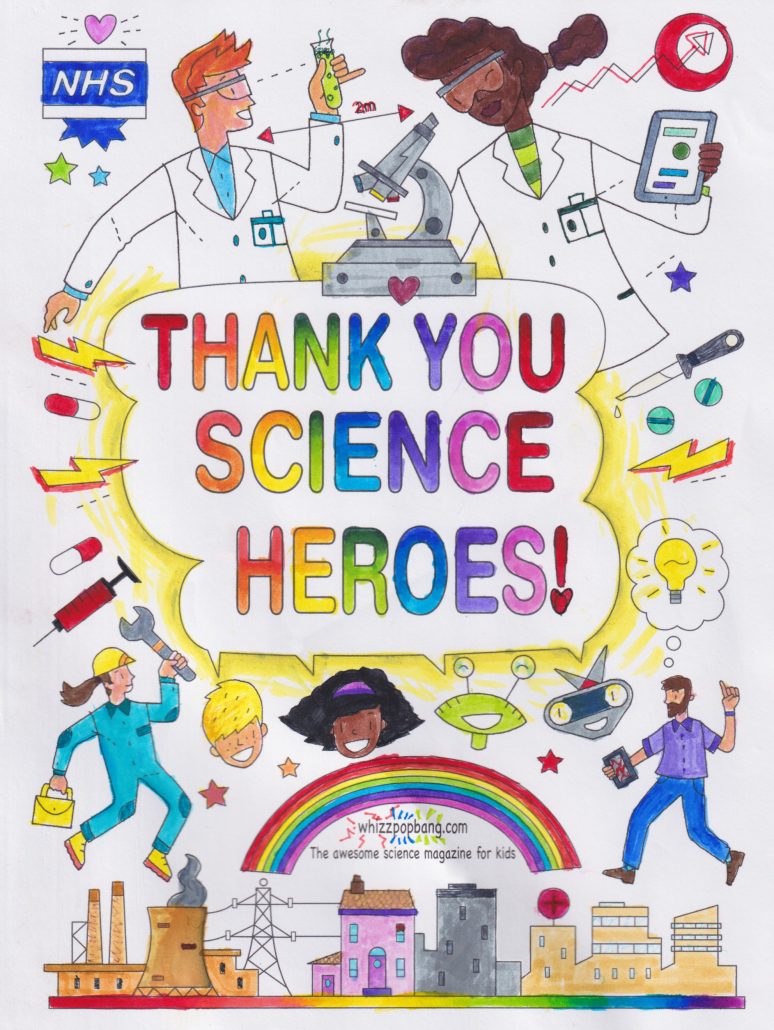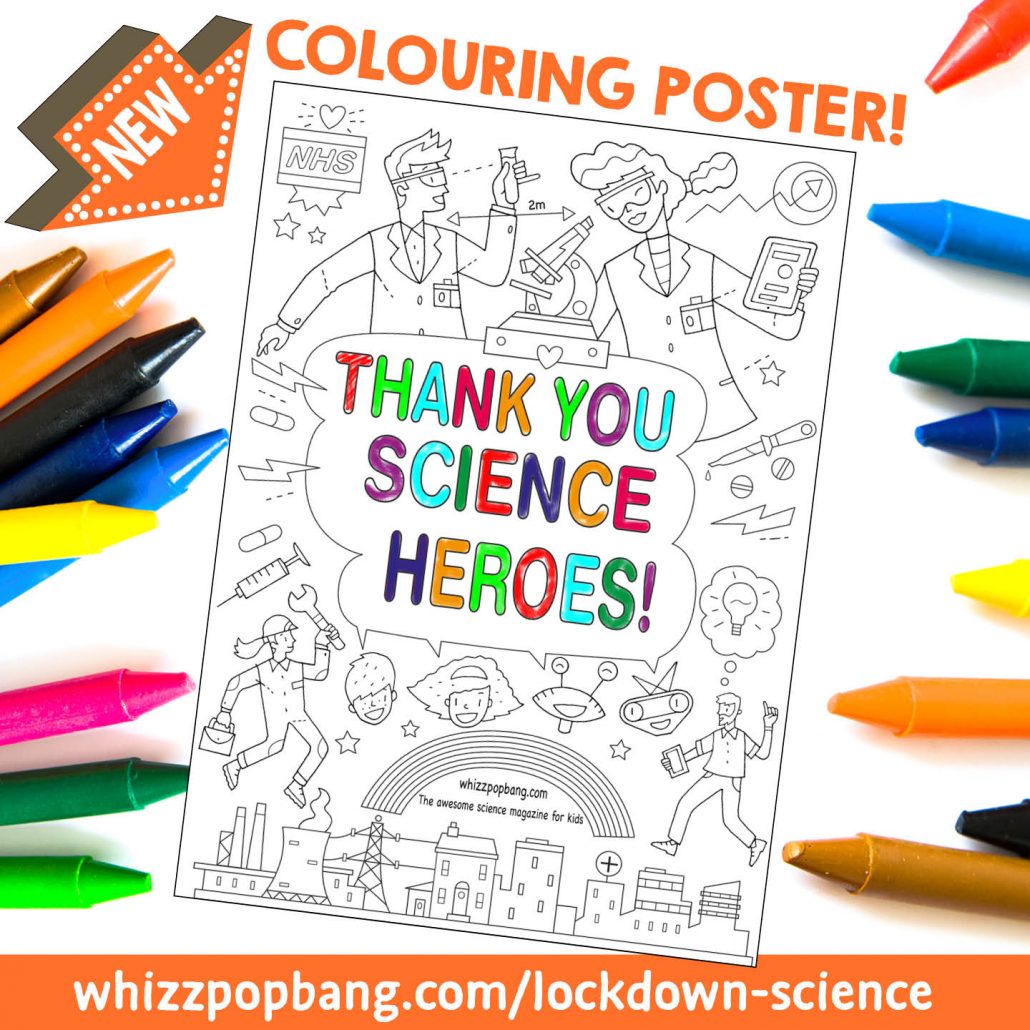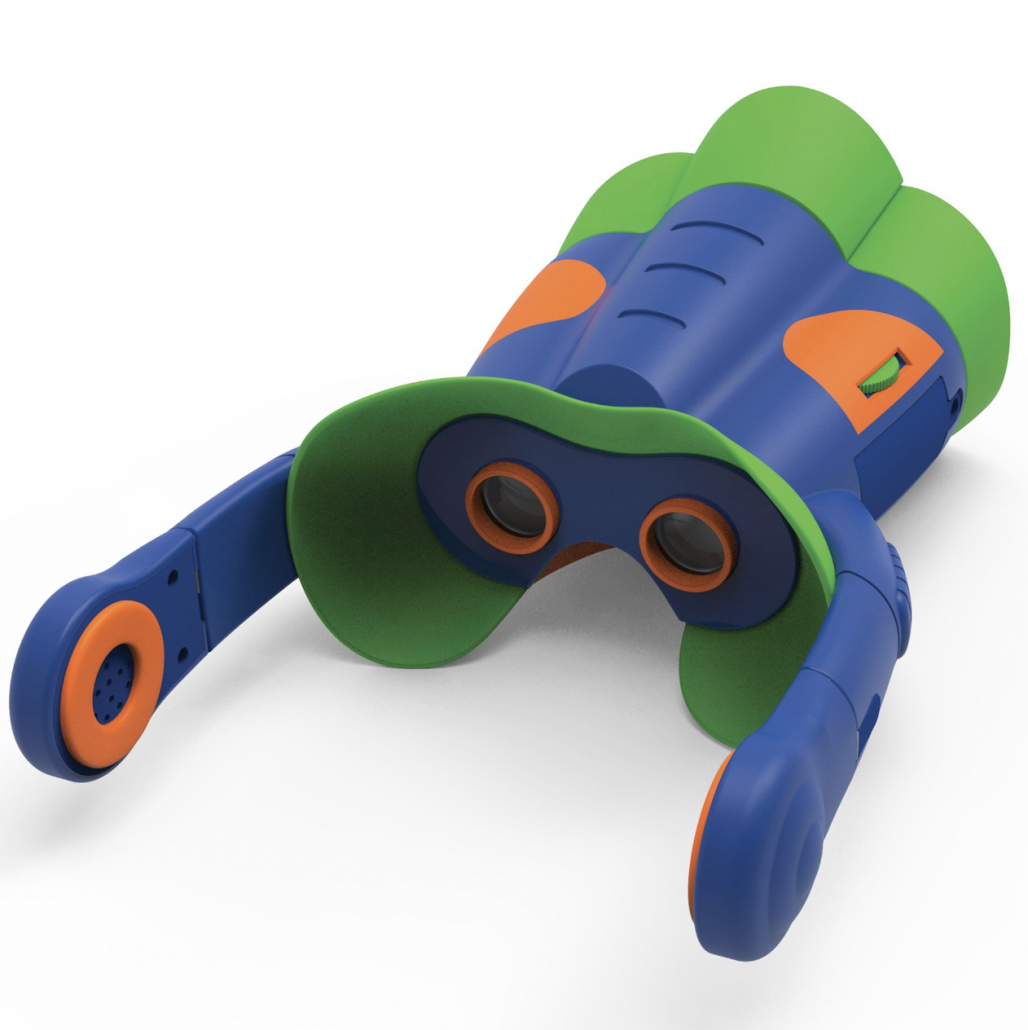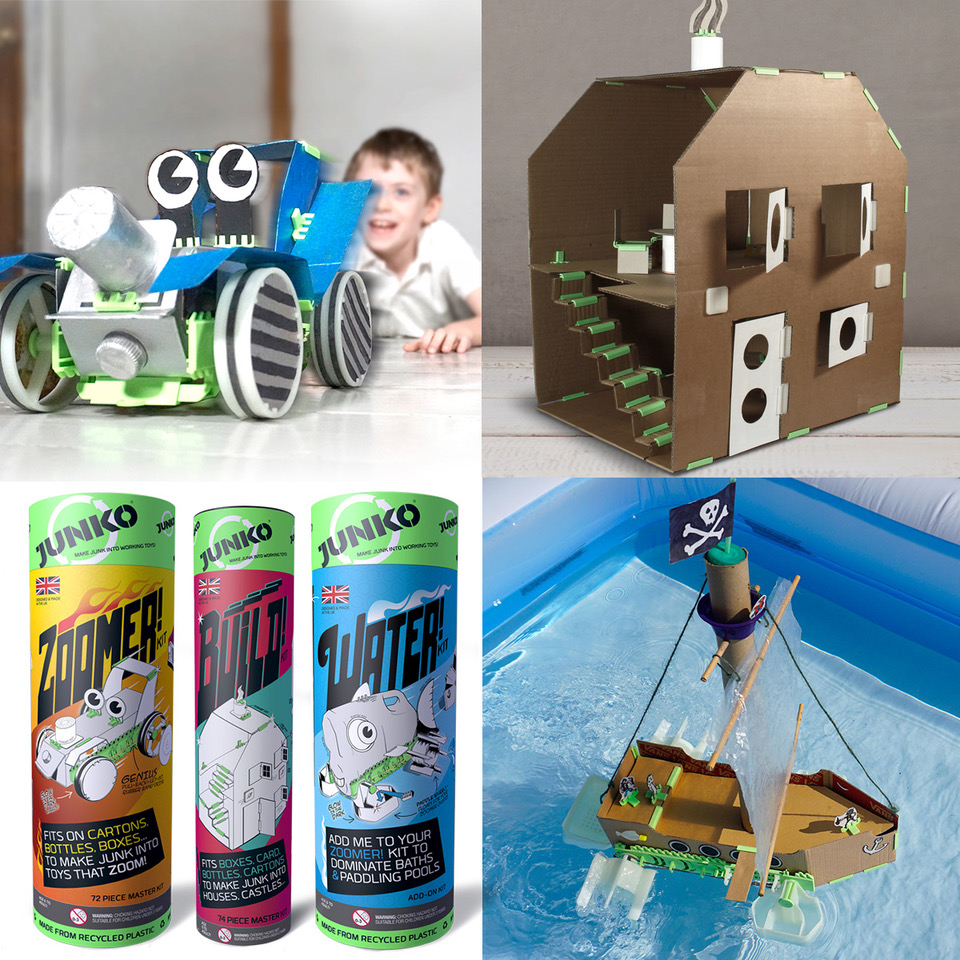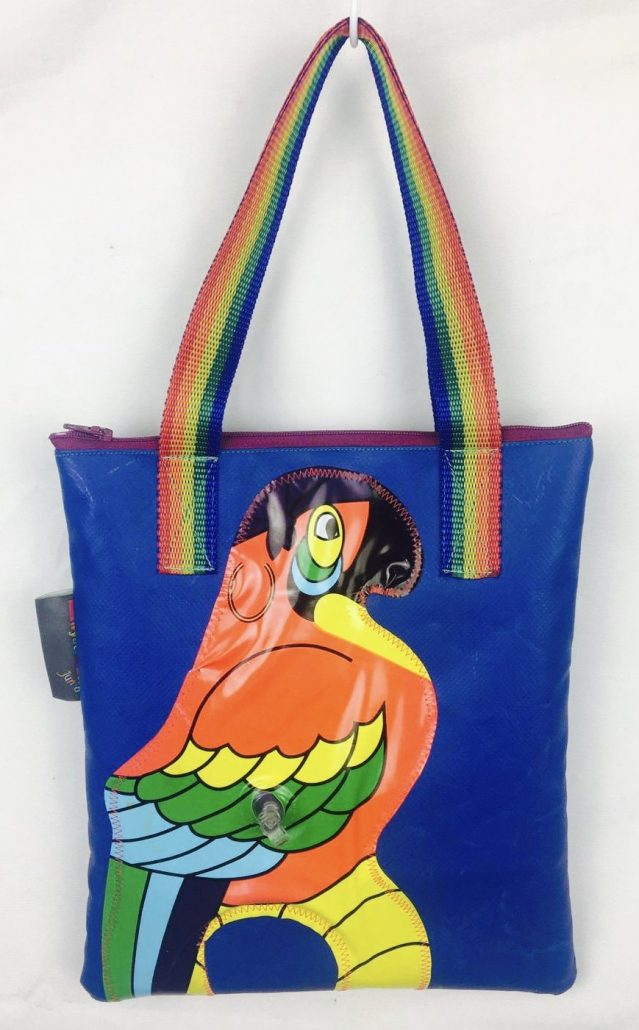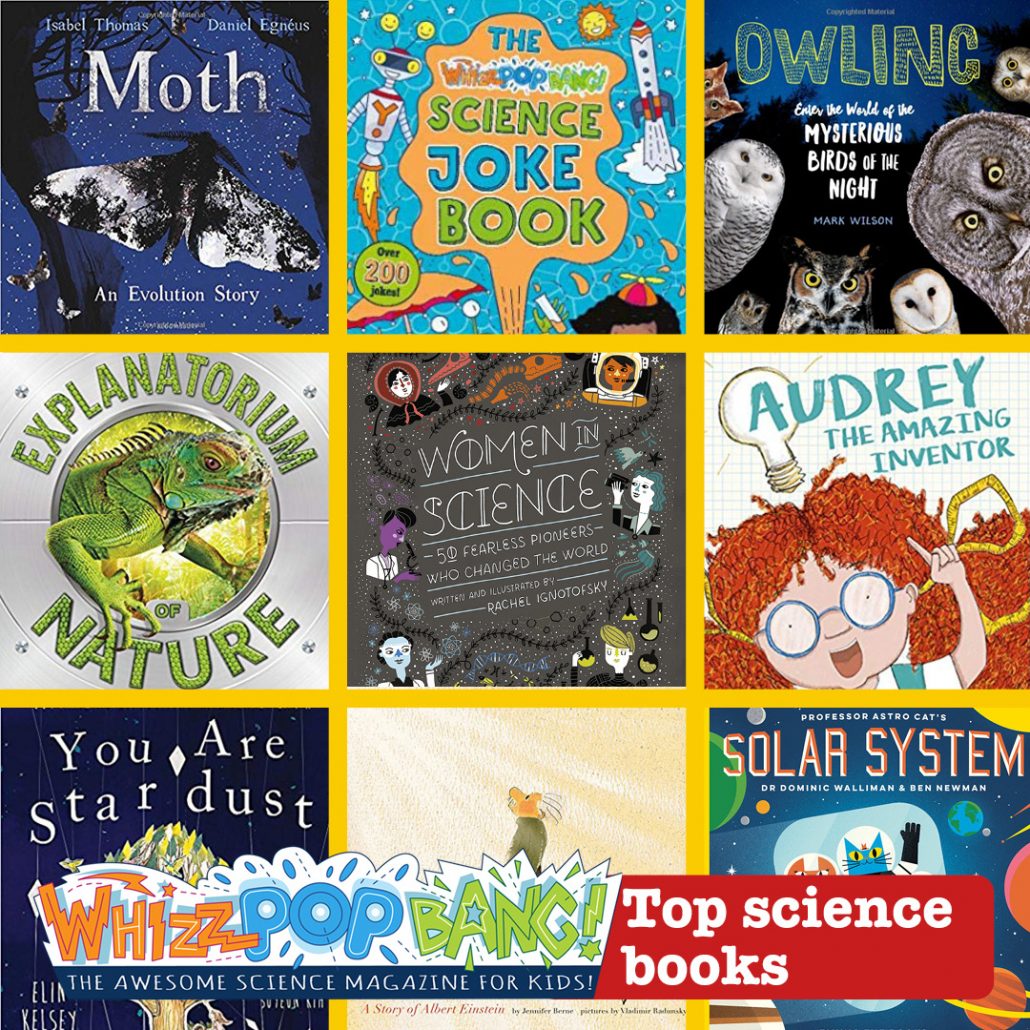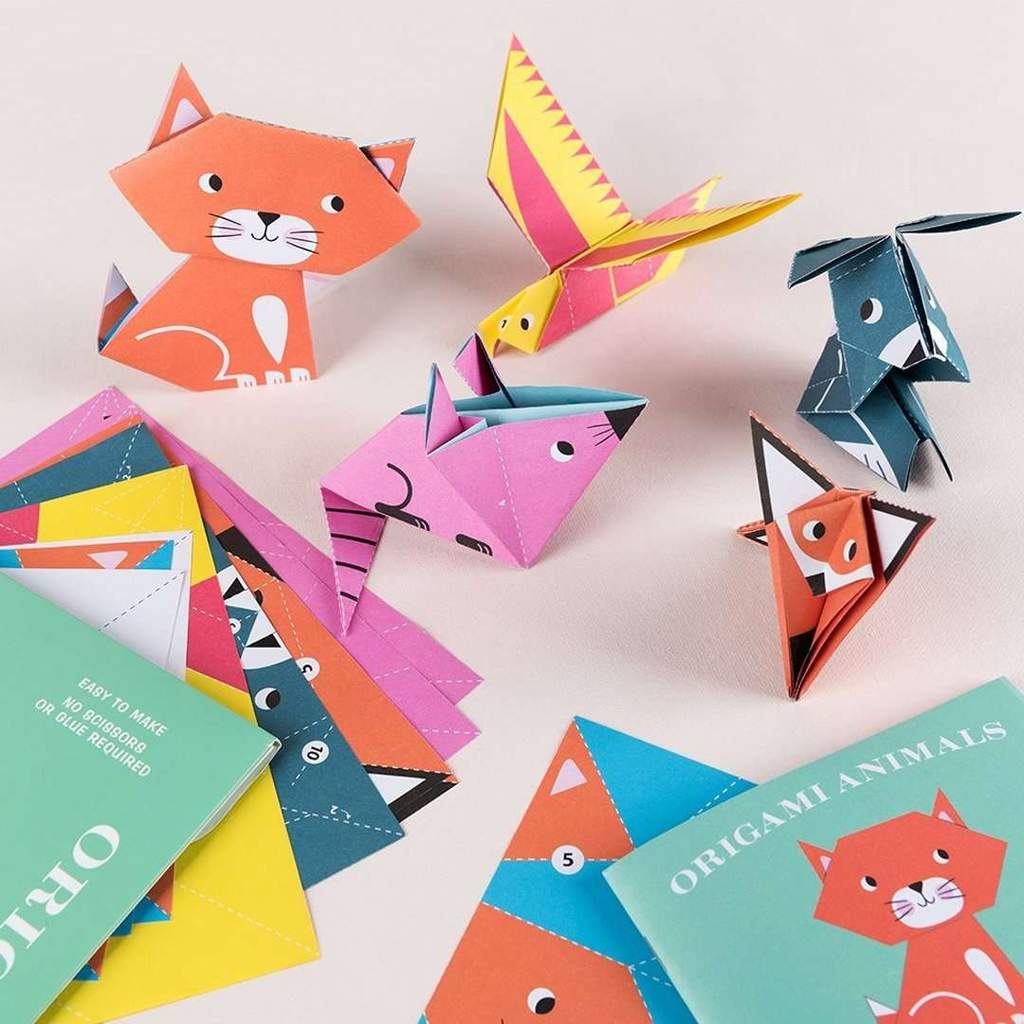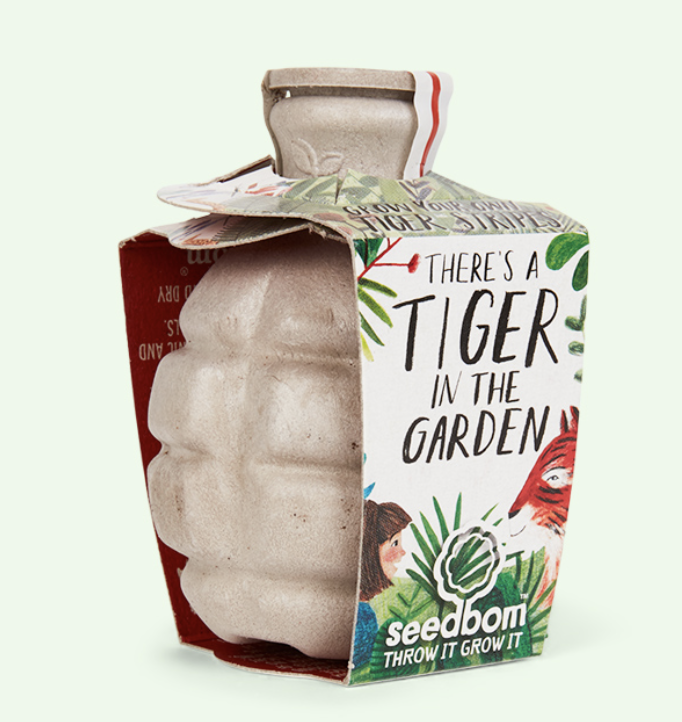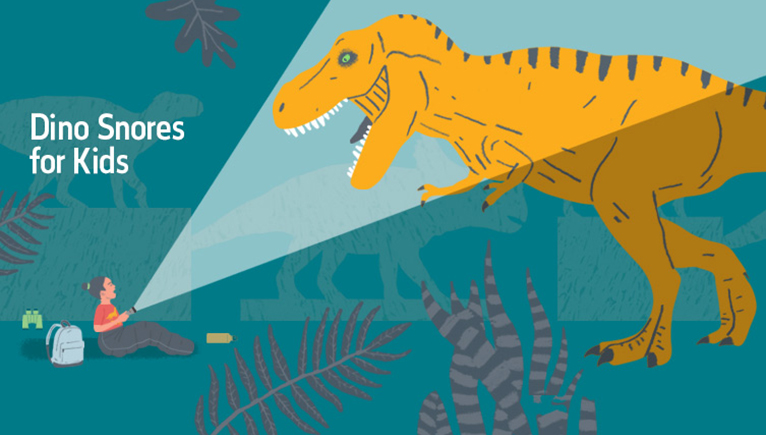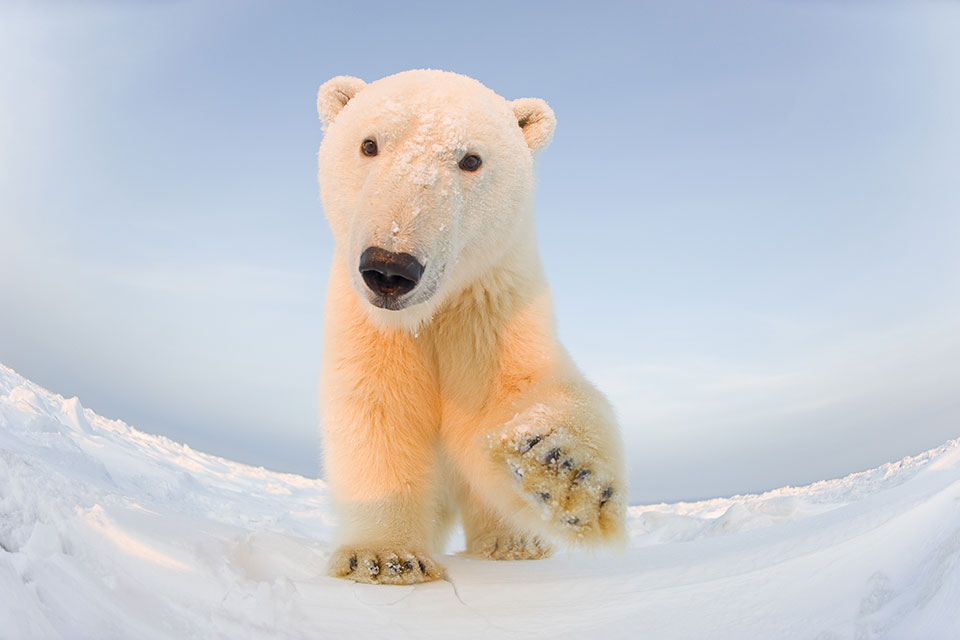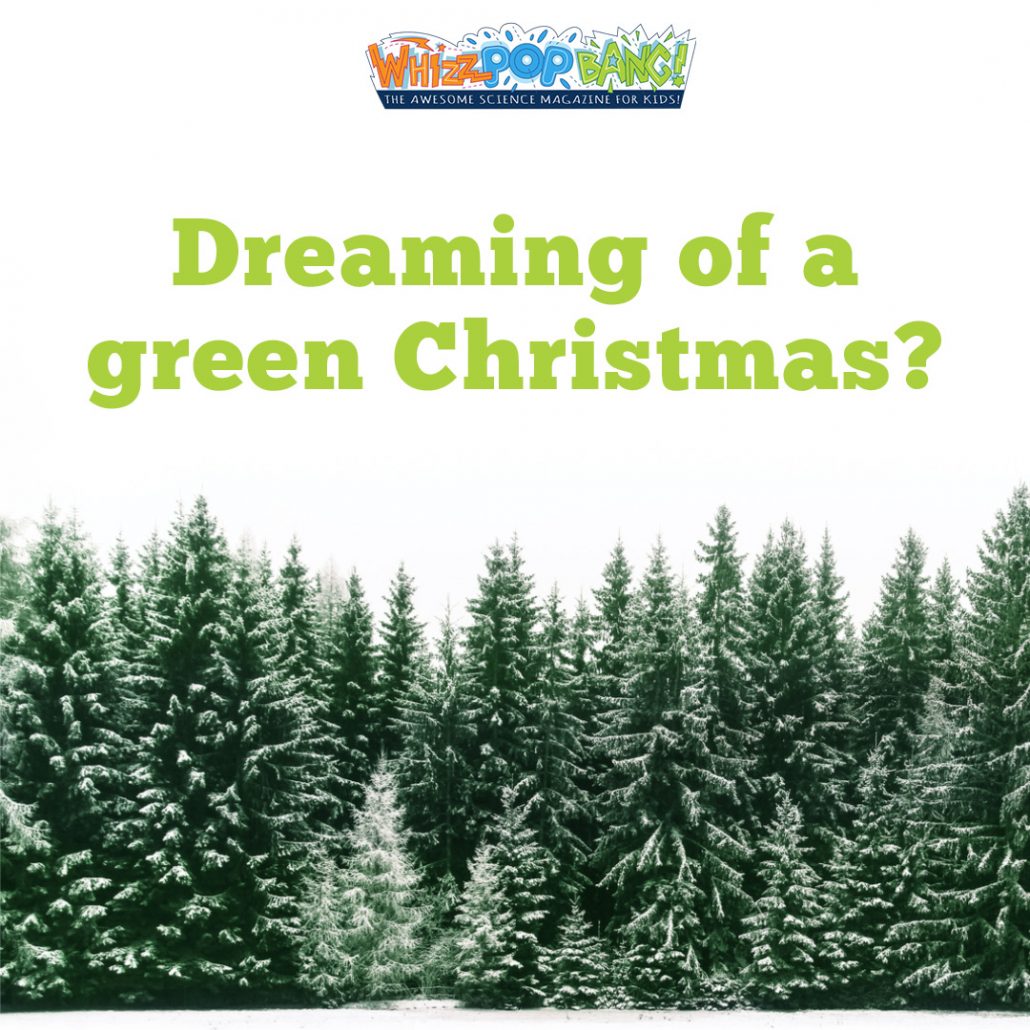Now that schools are closed, have you become a home educator overnight? Whizz Pop Bang is the world’s most awesomely amazing kids’ science magazine, bursting with hands-on experiments, facts and fun, and we want to help you and your children with the huge transition that many of us face.
Here are some FREE science activities and experiments to help you entertain, excite and educate your year 5 child! You’ll find out how to make a water wheel lifter, a balloon rocket, a model of our solar system, flying machines and paper planes, plus reading comprehensions about astronaut Tim Peake and sensational scientists The Wright Brothers!
Our experiments are designed for children from 6 to 12, but this list of experiments is particularly perfect for year 5, P6 (Scotland) and 9-year-olds and 10-year-olds as they tie in with the relevant National Curriculum objectives and topics.
The reading comprehensions included here were designed to be read at A3 size, so text may appear too small when printed at A4. They work really well on a tablet or monitor, or you may need to print them on two pages of A4 if your printer allows.
If you have any comments or questions about our free year 5 science experiments and reading comprehensions, please leave a comment for us. Or do you have any science homeschool ideas or general home educating ideas for 9- and 10-year-olds? We’d love to hear from you!
Find loads more science activities, puzzles and games in our award-winning monthly kids science magazine, Whizz Pop Bang!
Water wheel lifter
Harness the power of water in this fun free science experiment using household items.
This activity is taken from Whizz Pop Bang’s Awesomely Amazing Science Club – download the entire pack here!
You will need:
1 small plastic bottle
1 large yoghurt pot or plastic bottle cut in half
Duct tape
String
Paper clip
Bowl
Wooden spoon or pencil
Bonus activity: balloon rocket
Make a balloon fly across the room!
You will need:
A balloon
String
Two chairs
Measuring tape
A 5 cm piece of straw
Topic links: Year 5 Forces and magnets, P6 Forces
Interview with astronaut Tim Peake reading comprehension
This interview delves into what it is really like to travel in space. Tim Peake describes what it feels like to take off in a rocket and to feel weightless, as well as his scariest moments. A must-read for your aspiring astronauts.
This downloadable reading pack includes:
– An interview with Tim Peake for you to print or for your child to read on a tablet.
– Reading comprehension question sheet and answer sheet.
Topic links: Year 5 Earth and Space, P6 Space
Paper stunt planes
Print and fold a paper stunt plane that should fly in a circle!
You will need:
Sticky tack
Year 5 Forces and magnets, P6 Forces
Paper straw flying machines
Experiment with making flying machines by adding different shapes to paper straws!
You will need:
Paper straws
Year 5 Forces and magnets, P6 Forces
The Wright Brothers reading comprehension
A biography text on the remarkable story of the team behind the world’s first powered flight. In December 1903 Wilbur piloted a plane with a petrol engine for 59 seconds and travelled 260 metres. The Wright brothers had unlocked the secret of mechanical flight!
This downloadable reading pack includes:
– A feature about sensational scientists, The Wright Brothers, for you to print or for your child to read on a tablet.
– Reading comprehension question sheet and answer sheet.
Topic links: Year 5 Forces and magnets, P6 Forces
Craft your own a solar system
Learn the order of the planets by making a model solar system. Just download, print, add scissors and glue, and your astronauts-in-training will do the rest. It’s out of this world!
Topic links: Year 5 Earth and space, P6 Space
Are you home educating children in other year groups? Find more free resources here:
Free science activities for year 2 and P3
Free science activities for year 3 and P4
Free science activities for year 4 and P5
Free science activities for year 6 and P7
